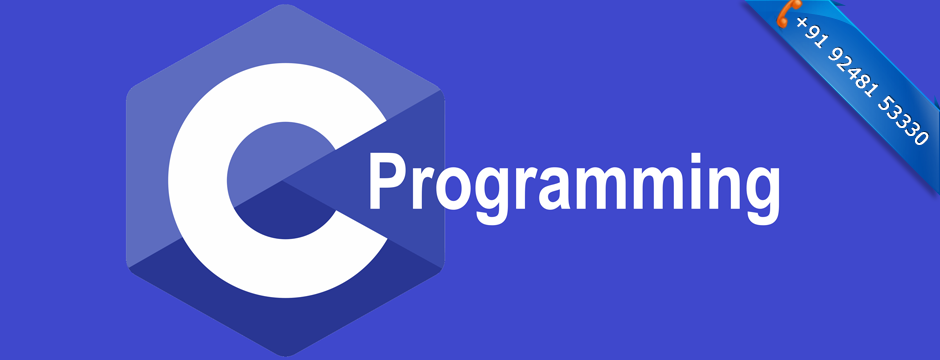Gain real-world skills from our trainers, who bring extensive experience from top multinational corporations. Their expertise ensures you receive industry-relevant training.
India's premier provider of classroom and online training in cutting-edge technologies.




🚀 Classroom C PROGRAMMING LANGUAGE Training

🧑💼 Trainer (Completed 60+ Batches): Mr. Venkat(8+Years exp) / Mr. Arun(10+Years exp) / Ms. Khan(8+Years exp)
👨🏫 Group Training Fee: ₹8,000/-
➡️ Offer:
₹4,000/-
🧑💻 One-On-One Training Fee: ₹20,000/-
➡️ Offer:
₹10,000/-
📅 Duration: 45 Days Training